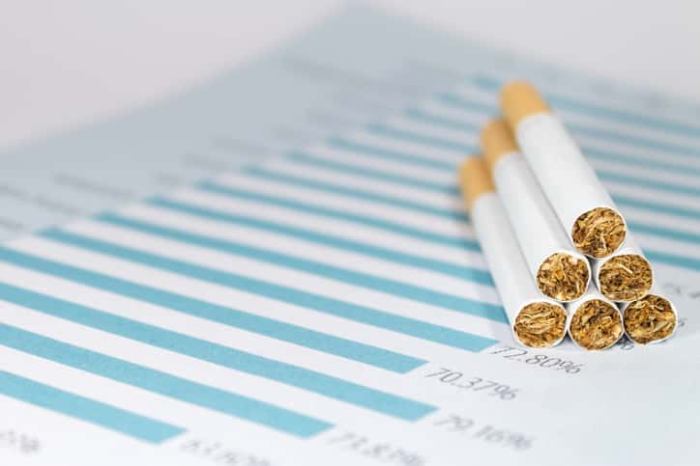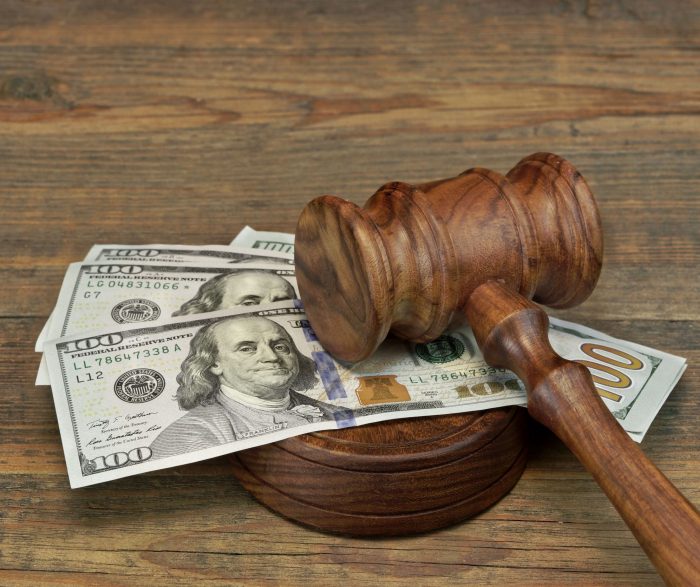You may face stiffer penalties from the court if certain conditions are not met. These penalties can vary in severity depending on the circumstances, and it is important to understand the factors that influence the court’s decision. This article will provide an overview of the potential penalties that may arise from the court, the factors that influence penalty severity, and strategies for preventing or avoiding situations that could lead to increased penalties.
The content of the second paragraph that provides descriptive and clear information about the topic
Penalties and Consequences

Facing stiffer penalties from the court can have significant consequences. Individuals may face increased fines, imprisonment, and other sanctions if they fail to comply with court orders or violate specific laws. The severity of penalties varies depending on the nature of the offense, prior criminal history, and mitigating circumstances.
Examples of Actions Leading to Stiffer Penalties
- Violating probation or parole
- Committing a new crime while on probation or parole
- Failing to pay court-ordered fines or restitution
- Interfering with court proceedings
- Disobeying court orders
Factors Influencing Penalty Severity
Courts consider several factors when determining the severity of penalties. These factors include:
Prior Offenses
Individuals with a history of criminal offenses are more likely to face stiffer penalties for subsequent offenses. The type and severity of prior offenses are taken into account.
Nature of the Offense
The nature of the offense plays a crucial role in determining penalty severity. Violent crimes, for example, typically carry more severe penalties than non-violent offenses.
Mitigating Circumstances
Mitigating circumstances, such as self-defense, duress, or mental illness, can reduce the severity of penalties.
Role of Legal Representation
Legal representation can play a significant role in advocating for reduced penalties. Attorneys can present mitigating circumstances, negotiate with prosecutors, and ensure that individuals’ rights are protected.
Mitigating Circumstances

Mitigating circumstances are factors that can reduce the severity of penalties. Examples include:
Self-Defense
Acting in self-defense or defense of others may mitigate penalties for violent offenses.
Duress
Being forced to commit a crime under threat of harm may reduce penalties.
Mental Illness
Mental illness or diminished capacity can be considered as mitigating circumstances, leading to reduced penalties or alternative sentencing options.
Strategies for Presenting Mitigating Circumstances, You may face stiffer penalties from the court if
To effectively present mitigating circumstances, individuals should:
- Gather evidence and documentation to support their claims.
- Work with an attorney to develop a strong case.
- Present mitigating circumstances in a clear and persuasive manner.
Legal Procedures and Processes
When facing stiffer penalties, individuals go through a series of legal procedures and processes:
Initial Charges
Individuals are initially charged with a crime and informed of their rights.
Arraignment
Individuals appear in court to enter a plea of guilty or not guilty.
Trial or Plea Agreement
Individuals either go to trial or negotiate a plea agreement with the prosecution.
Sentencing
If found guilty, individuals are sentenced by the court.
Rights and Responsibilities
Individuals have the right to legal representation, due process, and the opportunity to present mitigating circumstances.
Impact on Individuals and Society
Facing stiffer penalties can have significant consequences for individuals and society:
Personal Impact
Increased penalties can lead to loss of freedom, financial hardship, and emotional distress.
Societal Impact
Stiffer penalties can impact community resources, strain the justice system, and perpetuate cycles of crime.
Rehabilitation and Reintegration
Increased penalties can hinder rehabilitation efforts and make it difficult for individuals to reintegrate into society.
Prevention and Avoidance Strategies

To prevent or avoid situations that could lead to stiffer penalties, individuals should:
Responsible Decision-Making
Make informed decisions and avoid engaging in illegal activities.
Legal Compliance
Adhere to laws and regulations to minimize the risk of legal consequences.
Legal Advice
Seek legal advice when facing potential legal challenges to understand their rights and options.
Essential Questionnaire: You May Face Stiffer Penalties From The Court If
What are some examples of actions or behaviors that could lead to stricter penalties?
Prior offenses, the nature of the offense, lack of remorse, and failure to comply with court orders are all factors that can contribute to stricter penalties.
How can legal representation help reduce penalties?
Legal representation can advocate for mitigating circumstances, negotiate plea agreements, and present evidence that supports a reduced sentence.
What are some strategies for preventing or avoiding situations that could lead to stiffer penalties?
Responsible decision-making, adhering to legal requirements, and seeking legal advice when facing potential legal challenges are all effective strategies for prevention.